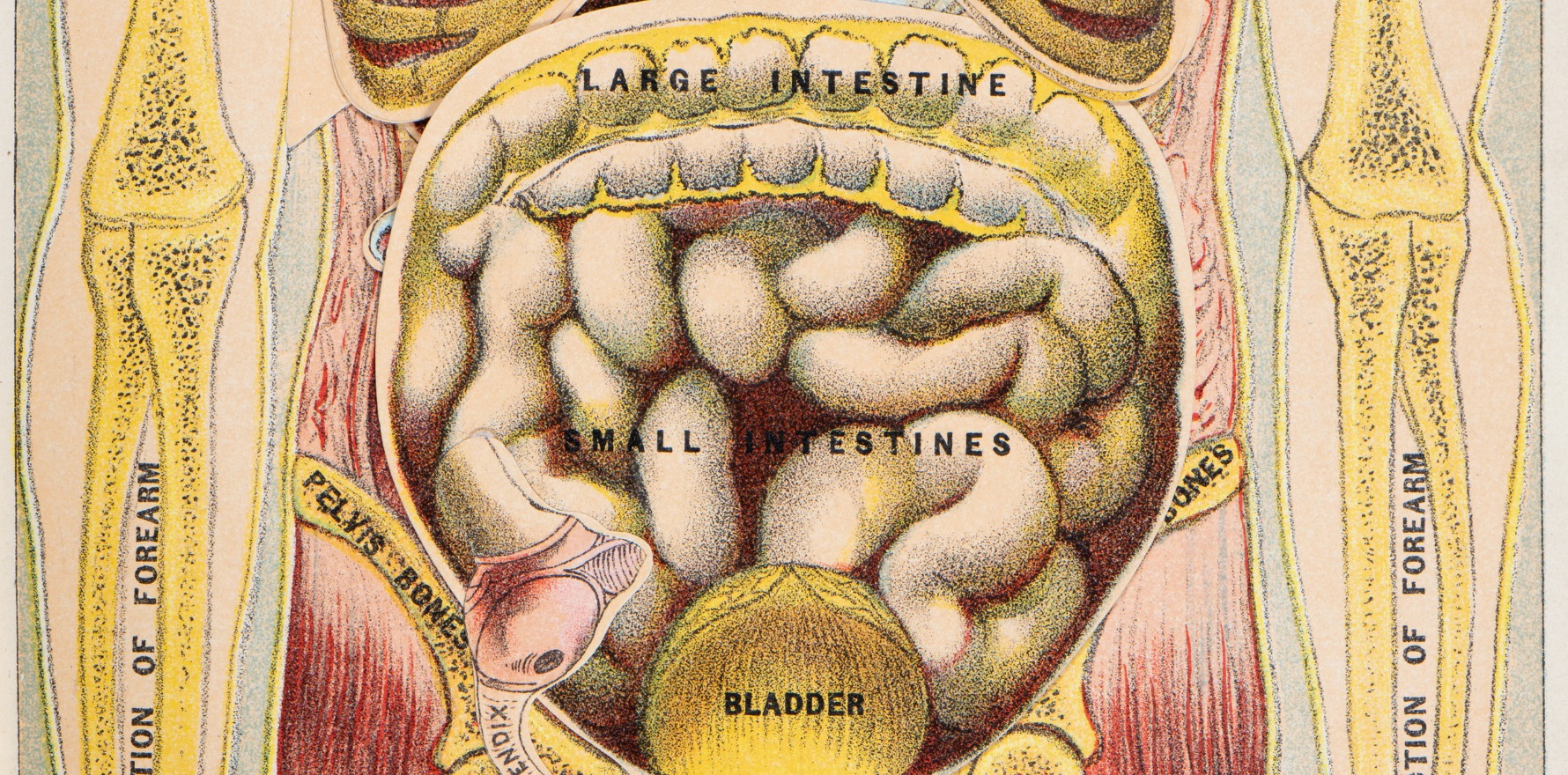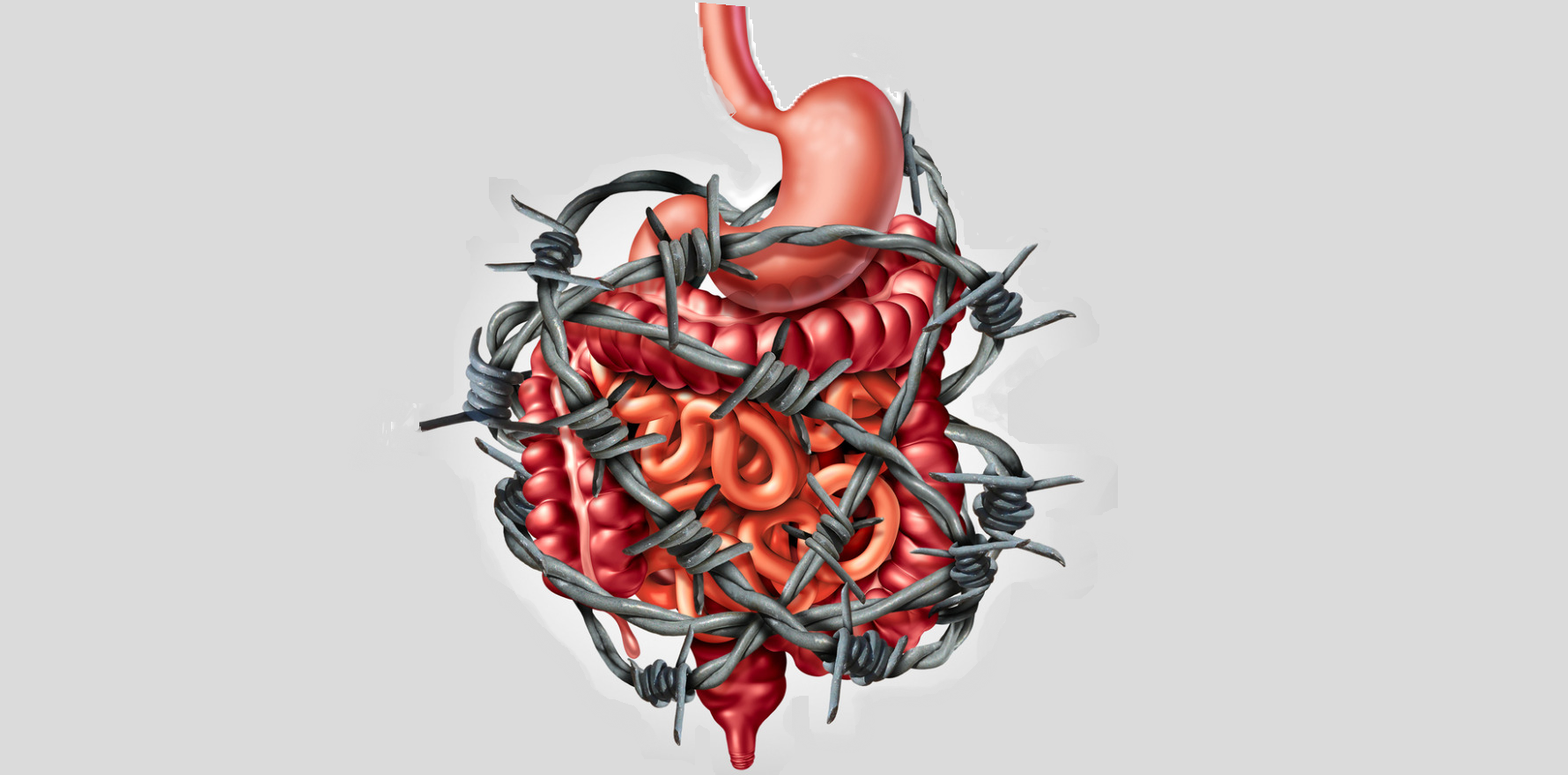Restricted eating practices are largely unsupported by evidence and contribute to the high rate of nutrient deficiencies among these patients, experts have ruled.
The low FODMAP diet was ruled the most effective dietary intervention for managing inflammatory bowel disease symptoms, according to the European Crohn’s and Colitis Organisation (ECCO).
However, it lacked sufficient evidence to be recommended to induce or maintain remission, according to the consensus statement from the world’s leading authority on IBD.
As the first guideline to be released by ECCO, it was a comprehensive analysis of the evidence for and against the many dietary interventions suggested for IBD management.
Among the many diets that lacked sufficient (or any) evidence to support their use for inducing or maintaining remission of IBD were high fibre diets, low fibre diets, food-specific IgG-guided diets or gluten-free diets.
The guideline also could not recommend the elimination of dairy, a common practice among those with IBD which lacks supporting evidence.
Even the low FODMAP diet was not able to be recommended for remission due to insufficient evidence, but showed the greatest efficacy for managing the persistent gastrointestinal symptoms.
The document noted the important role of diet outside of inflammation, treating symptoms and complications of IBD rather than disease.
However, it was highlighted that the healthy eating guidelines for the general population should be the recommendation for those with IBD in the absence of specific dietary recommendations from a health professional.
Other diets that could not be recommended included the Treatment-with-EATing diet, Autoimmune Protocol diet, IBD-Anti-Inflammatory Diet, 4-strategies-to-SUlfide-Reduction (4 SURE diet), the specific carbohydrate diet, low microparticle diet or UC exclusion diet.
Prebiotics, vitamin D and fibre supplements, omega-3 and glutamine also lacked sufficient supporting evidence for their use in managing IBD.
The only dietary intervention that was supported to induce or maintain remission was exclusive enteral nutrition (EEN), the replacement of all food and drink with a nutritional liquid diet for a period of several weeks.
Liquid diets do well to stabilise the situation and are particularly important for children because they don’t have access to the medicines that adults do, Leanne Raven, Crohn’s and Colitis Australia CEO, told Gut Republic.
A key recommendation in the guideline was that all IBD patients should have access to a dietitian with experience in IBD management.
Ms Raven said Australia did not have enough dietitians with adequate experience in this area.
“It certainly has been an issue, and it’s one of the reasons we started a little enterprise called GutSmart,” she said.
Related
GutSmart is an educational platform for dieticians and includes a GP-specific course for IBD management.
Importantly, it also has a directory of dietitians who have completed the course, most of whom do telehealth consultations, and is a way for GPs to find accessible and experienced dietitians to refer their IBD patients to.
In addition to diet, there is also a series of fact sheets for patients on topics like symptoms, treatment, diagnosis, exercise, vaccination and paediatric and adult issues.
“People can actually find someone who understands inflammatory bowel disease and can support them in their nutrition,” she said.
“Diet is such an important area. We now have 24 dieticians on the site [who] we know have an understanding of inflammatory bowel disease.”
She couldn’t confirm if the current Australian IBD guidelines from 2016 were going to be updated or whether the nation would instead just adopt these new European guidelines.
However, she plans to update GutSmart to bring it into line with the ECCO guidelines.
“We know we’ve got a compounding prevalence [of IBD] in Australia. These guidelines are more important than they ever have been,” she said.
ECCO advised clinical assessment of dietary intake as restricted diets are commonplace among IBD patients and can lead to insufficient energy and nutrient consumption.
Ms Raven explainedthat people with IBD could end up with malnutrition as they started to pick and choose dietary exclusions based on symptom flares.
Both malnutrition and sarcopenia have been linked to poorer clinical outcomes in people with IBD, the guideline stated.
Vitamin D and folate deficiencies were identified as being common among individuals with IBD, as well as inadequate dietary intake of iron, vitamin C, calcium and fibre.
The guideline also recommended regular monitoring of iron and haemoglobin levels as anaemia was the most prevalent micronutrient deficiency in people with IBD.





